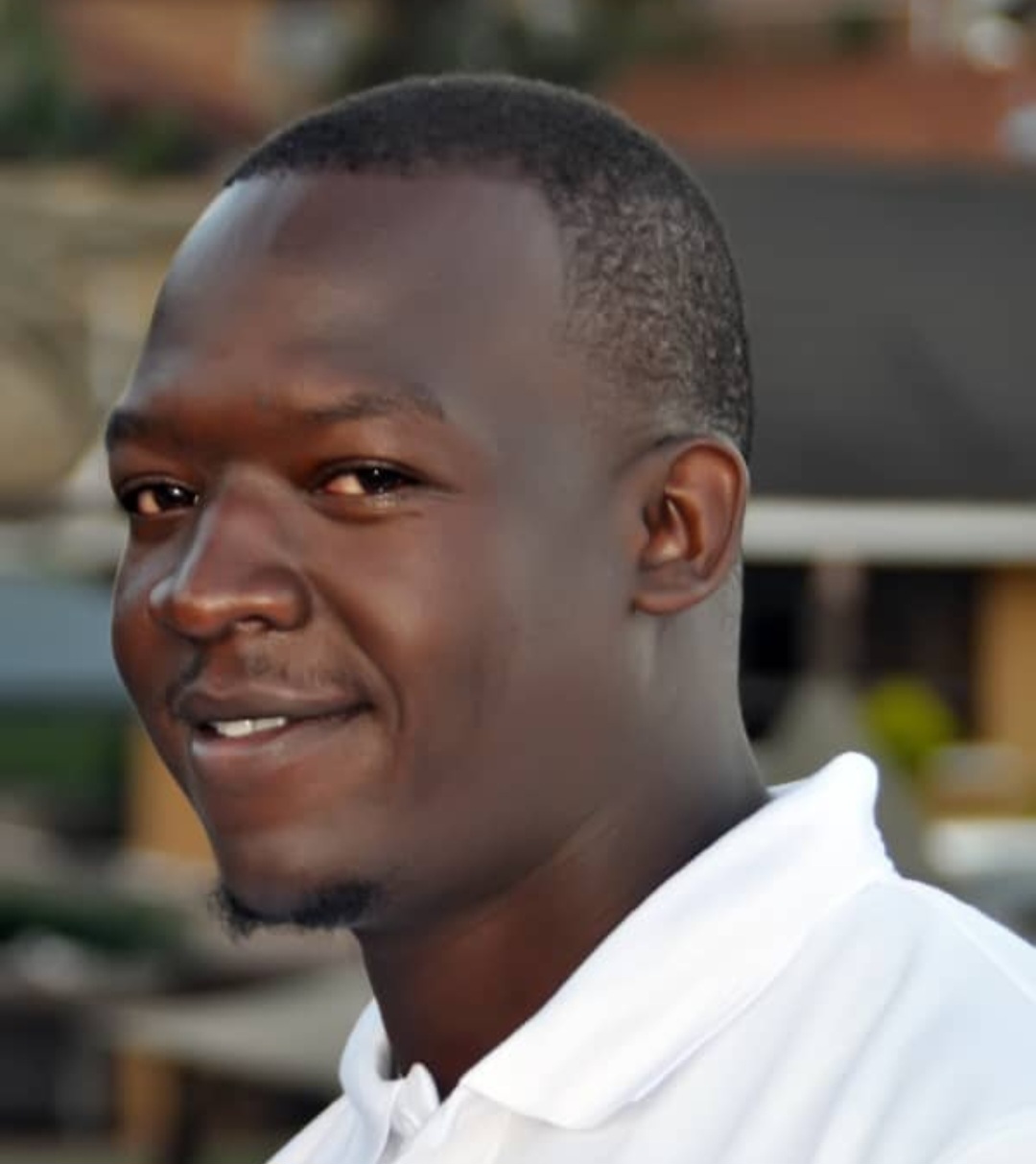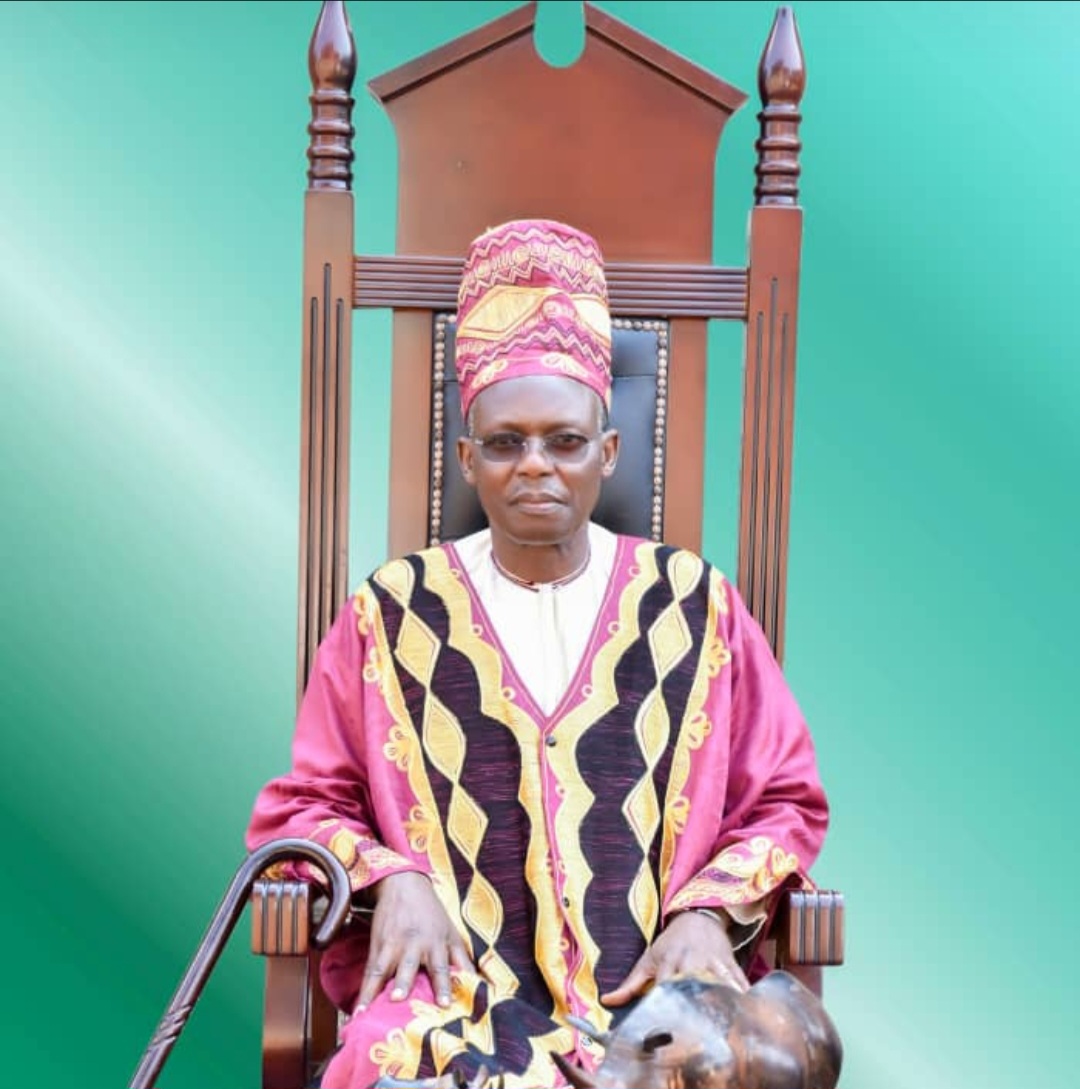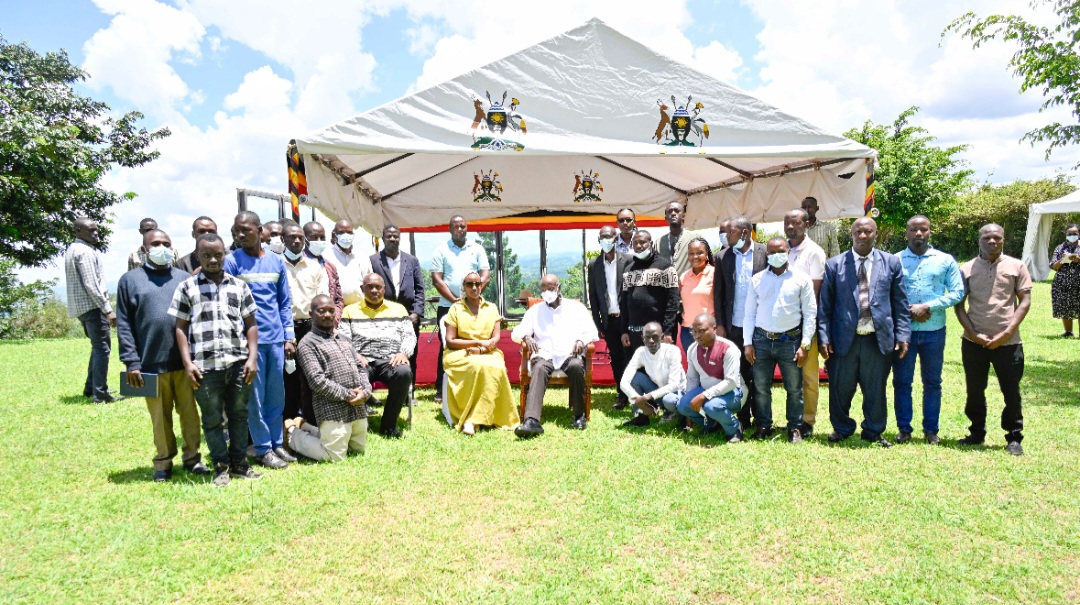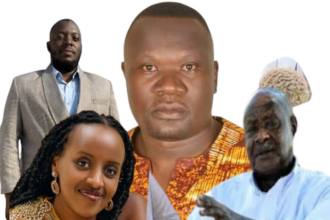In Uganda—and indeed across many developing countries—the cry for better service delivery continues to echo in the chambers of our communities. From pothole-ridden roads to under-equipped health centers and underperforming schools, the tale is sadly the same. The issue, however, is not a lack of resources. The real elephant in the room is the absence of well-functioning systems.
When President Yoweri Museveni recently visited Greater Mubende, particularly Mityana, he was visibly shocked by the state of the roads. One would have thought he had stumbled upon a forgotten land. His surprise spoke volumes, especially in light of the fact that road funds are regularly disbursed to local governments. So the question is: where does the money go?
A similar incident unfolded during the President’s tour of Busoga, particularly Mayuge. Despite multiple government interventions and agricultural programs specifically targeting the region, the level of poverty remains deeply entrenched. This is the same Busoga that has had presidential advisors such as Ms. Maureen Kyalya and currently Ms. Florence Mutyabule. If this doesn’t ring alarm bells, then what will?
As the saying goes, “You can lead a horse to water, but you can’t make it drink.” The problem is not about leadership titles or political affiliations; it is about the absence of reliable and enforceable systems that hold duty bearers accountable. A nation without systems is like a ship without a rudder—doomed to drift aimlessly.
Let’s call a spade a spade. What we’re dealing with is not just inefficiency, but a leprosy of bad governance and systemic rot that is eating into the bones of our country’s progress. This, Mr. President, is the root of unpopularity within the NRM and a key contributor to the growing frustration among citizens.
Take for instance, the criticism recently thrown at opposition MPs Hon. Zaake Francis and Hon. Joyce Bagala for the poor roads in Mityana. While it’s easy to heap blame on them, it’s intellectually dishonest to ignore that even in areas with NRM representation, the story isn’t any different.
What has Hon. Nathan Igeme Nabeta, an NRM MP in Jinja, done about the dilapidated road from Dunlop to Masese, a vital industrial access route? What about the long-forgotten Amber Court–Kimaka–Mbulamuti road, a major link to Kamuli? For years, Rt. Hon. Rebecca Kadaga, a high-ranking NRM figure and former Speaker, represented the area. Yet today, the road remains in shambles.
Are opposition MPs truly the ones standing in the way of tarmacked roads, clean hospitals, or working street lights?
Even in Kampala, our capital, the potholes could make a grown man weep. If Uganda’s showcase city is struggling, what hope is there for the rural outskirts?
Now, let’s look at the flip side. Where systems have been respected and operationalized, the results are visible. In Rwanda, for example, under President Paul Kagame’s leadership, systems were established that prioritize accountability, performance-based contracts for public servants (Imihigo), and technology-driven service delivery. Today, Rwanda boasts one of the cleanest and most organized capital cities in Africa, a functional health insurance system, and an education sector that’s making steady progress.
Here at home, the Uganda Revenue Authority (URA) under the stewardship of Doris Akol and now John Musinguzi, showed that systems work. By automating tax collection and enforcing compliance measures, URA increased domestic revenue without overtaxing citizens. Systems, not slogans, turned things around.
As Benjamin Franklin once said, “A small leak will sink a great ship.” We must stop patching things up with temporary fixes. Uganda needs systems that transcend politics that remain functional regardless of who holds office.
Operational systems shift accountability from politicians to technocrats who are trained and paid to deliver. Yet currently, many civil servants are ghosts in their own offices, comfortably sleeping on the job, knowing that questions will be thrown to politicians instead. This is not just dangerous; it is unsustainable.
We must stop dancing around the fire while the house is burning.
Let us institute performance contracts for district officials. Let the Auditor General’s reports lead to real consequences. Let civil servants be appointed based on merit, not patronage. Let local government budgets be tied to tangible outcomes.
If we continue to judge leaders based on political colors rather than their ability to work within systems, we’ll keep running in circles, like a dog chasing its tail.
The truth is bitter, but it must be told: many of our leaders are self-seekers, some more interested in fattening their wallets than uplifting their communities. “A society grows great when old men plant trees in whose shade they know they shall never sit.” Are our current leaders planting such trees, or simply chopping down the forest?
It is time for Uganda to rise on the wings of well-oiled systems. Systems that are inclusive, resilient, and incorruptible. Systems that put the citizen at the center and deliver not promises, but results.
Only then shall we build a Uganda worthy of its anthem, “For God and My Country.”
Phillip R. Ongadia – NRM Mobilizer
Do you have a story in your community or an opinion to share with us: Email us at Submit an Article









